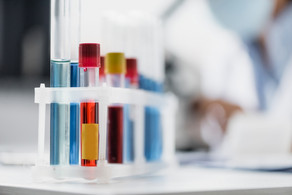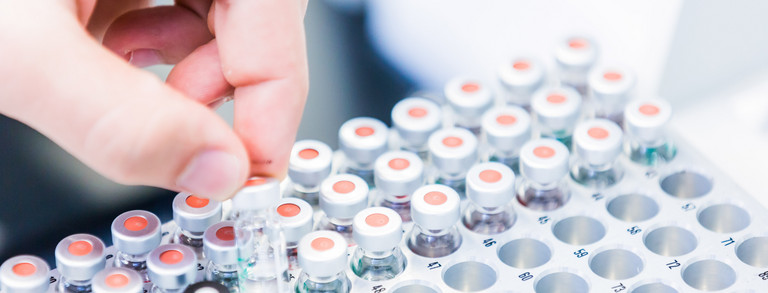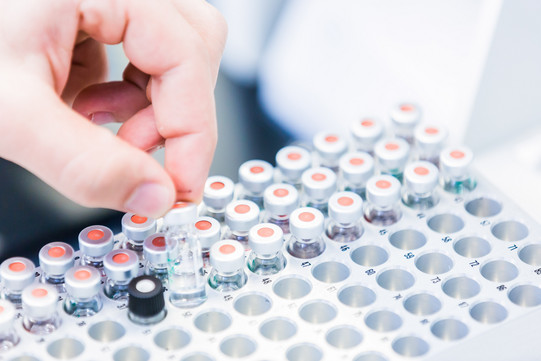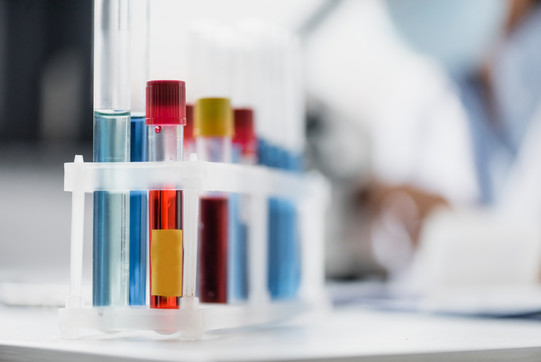Formulations
Pharmaceutical formulations are complex mixtures that can be either liquid (infusions, vaccines, liquid concentrates) or highly viscous or even glass-like (e.g., creams/pastes or tablets), depending on the nature of the ingredients. They are used, for example, as medicines, in the cosmetics industry, or as pesticides.
In addition to the actual active ingredient, formulations often contain a variety of excipients, such as polymers, surfactants, sugars, or salts.
The composition of the formulations serves certain application properties (e.g., good handleability, mechanical stability, low or high viscosity, defined dissolution behavior, and high bioavailability/effectiveness).
Above all, however, they are intended to prevent negative transformation (e.g., crystallization or denaturation) of the active ingredient during storage or application, as this generally leads to a significant reduction in its effectiveness, up to complete ineffectiveness.
We already demonstrated that using advanced liquid phases, one can achieve:









